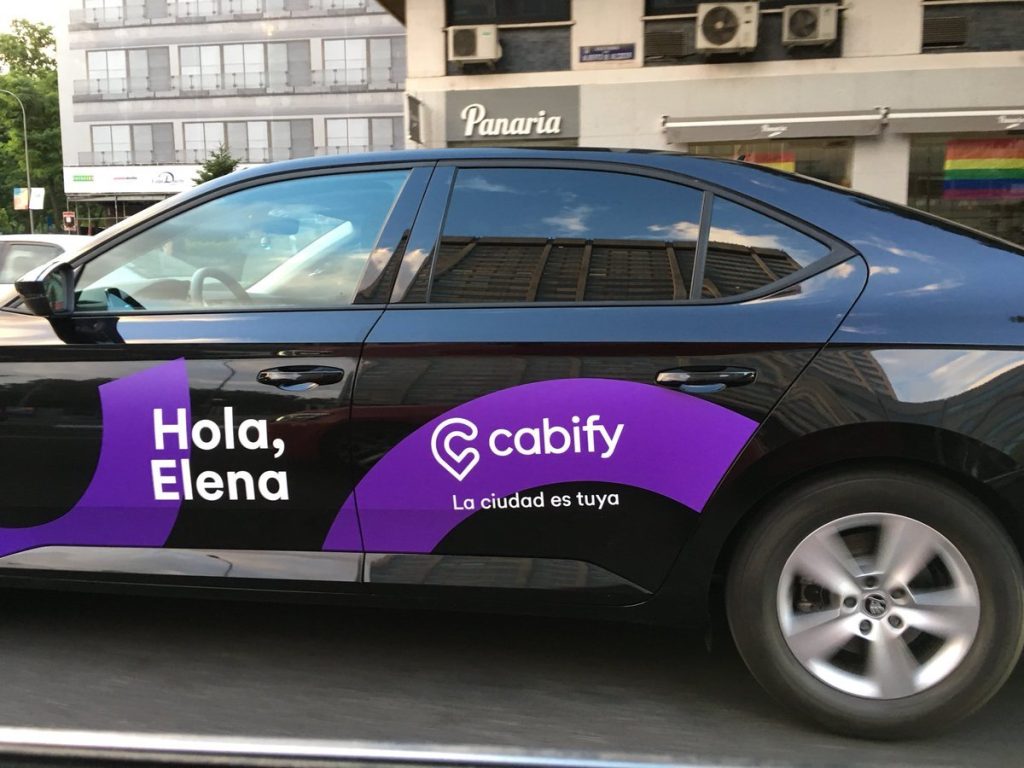
Uber and Cabify Have a Significant Impact on Emissions Reduction in Latin America

The United Nations (UN) has taken important initiatives with the aim of promoting sustainable mobility and measures that contribute to mitigating the terrible effect of climate change on the planet.
In this regard, the “Conference on Sustainable Transport” was held, in which various companies offered their progress and perspectives with a view to reducing emissions in the automotive industry.
Two of the world’s leading mobility applications, Uber and Cabify, attended the meeting to highlight the plans and strategies they have developed to contribute to the protection of the environment and offer quality of life to users.
Read also: “Supercool” Opens Innovative Center in Mexico to Promote Sustainable Mobility
Cabify’s Impact in Latin America
Since its creation, the Spanish platform has promoted various local initiatives together with strategic allies, which has allowed it to become the first carbon neutral app. With its project, it has offset 100% of its CO2 emissions since 2018.
The company has prioritized impacting local communities so that emissions from trips made in Colombia are offset in the same country, in projects located in Antioquia and Caldas.
On the other hand, through the Associative Programmatic Project Andean Zone and Atlantic Coast, Cabify has helped unify reforestation initiatives in 29 municipalities located in Antioquia and Caldas, with a positive environmental and social impact.
Uber’s Goals
In turn, 22.5 million Uber users used sustainable mobility through the platform in Latin America, offsetting 109,000 tons of CO2 in the region.
Within the app, strategies have been implemented for more than 300 electric vehicles to make trips as part of pilots in six countries in the region.
These initiatives are part of the company’s commitment to become a zero-emission platform by 2040 with 100% of trips in zero-emission vehicles.
Along these lines, Uber has electric car projects in countries such as Ecuador, Peru, Chile, Mexico, Brazil and the Dominican Republic. In the short term they expect to expand these programs to Costa Rica and Colombia.





